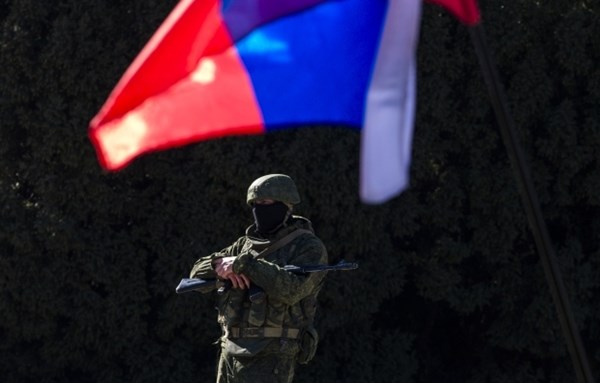Russia and Iran on collision course in Syria
A large Russian military column entered the Syrian province of Deir ez-Zor. These were rather three columns that came from different places. The Arabic-language Saudi newspaper Asharq Al-Awsat reported, citing sources in Deir ez-Zor, that about 90 military vehicles, including large trucks, entered al-Tala’i military camp. This is the first time that a military convoy of this size has passed through the city of Deir ez-Zor.
This "invasion" takes place amid the clashes between pro-Iranian militants and Syrian militia loyal to Russia. All these forces seem to be fighting on the side of dictator Assad, but in reality they "share the territory", collecting tributes from the inhabitants of the areas under their control and charging toll for travelling on the roads on which their checkpoints are located.
Their patrons, whether Russia, Iran or the Assad regime, whose regular army operates in much the same way, are fighting hard for territory and spheres of influence.
According to local media, the conflict between pro-Iranian and pro-Russian armed groups escalated in Deir ez-Zor province last week. Shiite militias controlled and supported by Iran seek to take control of the entire area along Route 4, from the city of Deir ez-Zor to the town of Abu Kamal on the border with Iraq. This route, dubbed the "Iranian Corridor", is considered in Tehran the main "gateway to Syria" which would allow to expand Iranian influence from Iraq.
The militia, which is "under the tutelage" of the Russian armed forces, is more loyal to Syrian dictator Assad than Iran, and Assad, and after him and Putin, are not eager to give Iran a hefty chunk of Syrian territory.
Moreover, Israel is extremely unhappy with the Iranian presence in the region, and Isreali aircraft regularly launch missile strikes against pro-Iranian formations in Deir ez-Zor, and above all on the large Iranian military base near Abu Kamal.
Recently, Russian troops have been recruiting and training Syrian militias to confront Iranian groups and take control of the area.
Four officers were killed in clashes last week, several checkpoints and militia bases were destroyed and burned.
Seven days ago, pro-Iranian militants finally "recaptured" the city of Abu Kamal from the Syrian army, forced it to close its checkpoints and deployed their own. After that, Esmail Ghaani, the new commander of the Iranian Quds Force responsible for international operations, visited Abu Kamal.
Subsequently, pro-Iranian militants prevented Liwa al-Quds (Jerusalem Brigade), a pro-Assad group controlled by the Russian armed forces, from setting up their camp in Abu Kamal and establishing its checkpoints there.
A serious conflict is likely to be brewing in eastern Syria between pro-Assad armed groups controlled by Russia and pro-Iraqi militants with their own goals. And considering that Russia, judging by the powerful armed column, is ready to support its satellites, the confrontation can develop into an open clash between the "big bosses" who have been trying to resolve the existing differences on the ground in the name of a common goal - the confrontation between the West in principle and the United States in particular.
